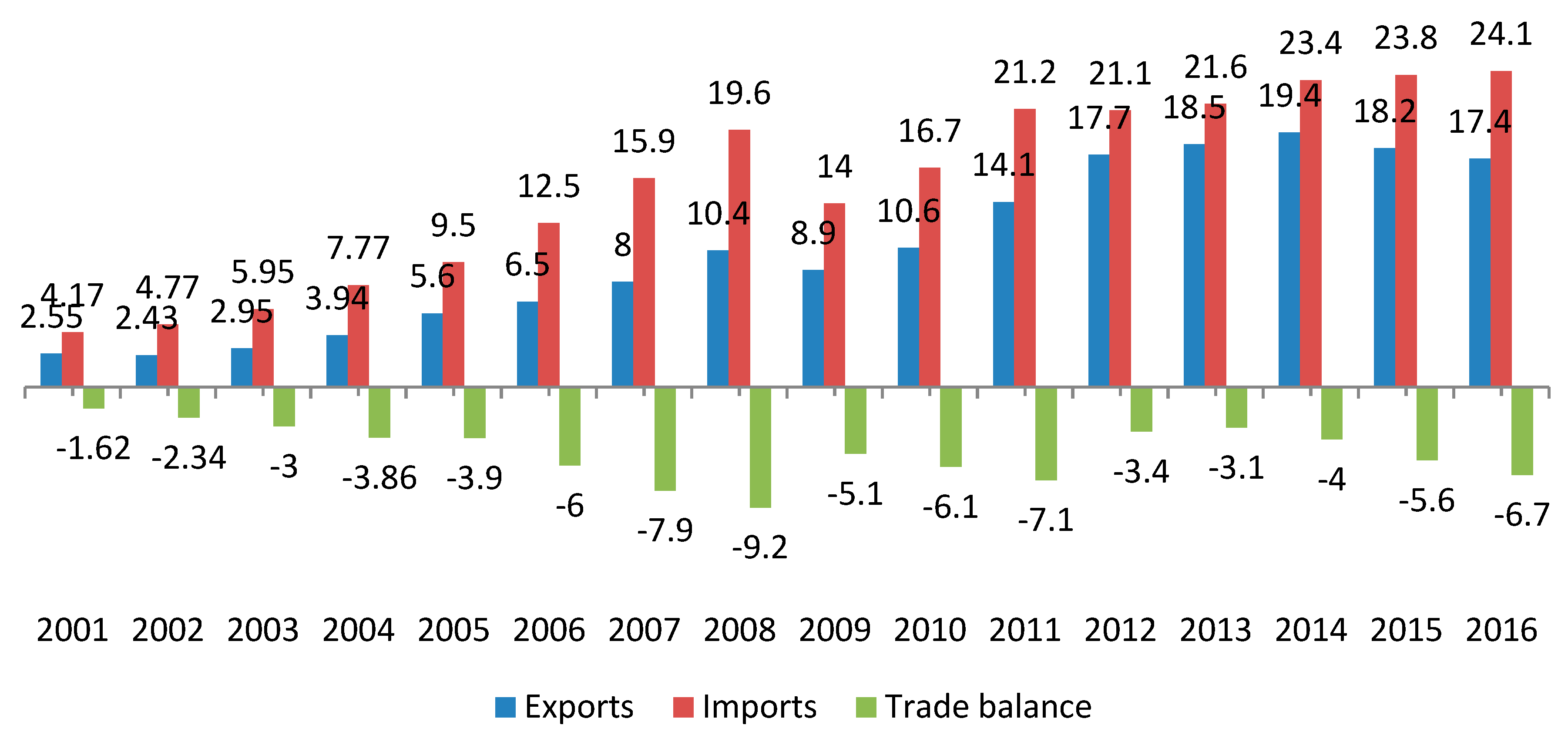Tax treaties have long been a pivotal component in shaping international trade dynamics, particularly in the context of the European Union (EU) and its interactions with developing nations. These agreements, primarily designed to prevent double taxation and foster economic cooperation, have profound implications on trade flows, investment patterns, and socio-economic development. As the EU continues to expand its trade partnerships, understanding the impact of these treaties becomes crucial for policymakers, businesses, and stakeholders involved in international trade.
Analyzing Tax Treaties: EU’s Trade Dynamics Unveiled
Tax treaties are bilateral agreements that aim to eliminate the double taxation of income or capital, which can otherwise hinder cross-border trade and investment. For the EU, these treaties serve as critical tools in facilitating smoother trade relations with developing nations. By defining tax jurisdictions and reducing tax burdens, these treaties create a more predictable and stable economic environment for European businesses seeking to expand their operations internationally. This predictability encourages European firms to invest in developing countries, thereby enhancing trade volumes and fostering economic growth.
The impact of tax treaties on trade dynamics within the EU can be observed through increased foreign direct investment (FDI) flows and enhanced market access for European companies. By minimizing the risk of double taxation, these treaties lower the cost of doing business abroad, making it more attractive for EU companies to explore new markets. This not only boosts trade but also encourages knowledge transfer, technology dissemination, and infrastructure development in the partner countries. Moreover, the harmonization of tax regulations across borders helps to mitigate tax evasion and avoidance, ensuring that revenues are fairly distributed and reinvested into local economies.
However, the effectiveness of tax treaties in stimulating trade is not uniform across all developing nations. The specific provisions of each treaty, the economic and political climate of the partner country, and the existing trade policies of the EU all play significant roles in determining the success of these agreements. Some critics argue that, while tax treaties facilitate trade, they may also disproportionately benefit wealthier nations and multinational corporations, potentially leading to imbalances in trade relationships. Thus, it is essential for the EU to carefully negotiate and tailor these agreements to ensure mutual benefits and sustainable economic growth for all parties involved.
Developing Nations and the EU: A Tax Treaty Perspective
From the perspective of developing nations, tax treaties with the EU offer both opportunities and challenges. On one hand, these agreements can lead to increased foreign investment, job creation, and access to European markets, which are crucial for economic development. By attracting European capital and expertise, developing countries can accelerate their industrialization processes, improve their infrastructure, and enhance their overall competitiveness in the global market. Furthermore, the reduction of tax barriers can lead to more diversified economies, reducing reliance on a limited number of export commodities.
On the other hand, the negotiation and implementation of tax treaties with the EU require careful consideration of the potential drawbacks. Developing nations often face significant power imbalances when entering into agreements with economically stronger partners like the EU. This can result in treaties that favor the EU’s interests, potentially leading to revenue losses for the developing countries if the treaties are not well-balanced. Additionally, there is a risk that these treaties may inadvertently facilitate tax avoidance strategies by multinational corporations, which could undermine the fiscal stability of developing nations.
To maximize the benefits of tax treaties, developing nations must engage in strategic negotiations with the EU, ensuring that their unique economic contexts and development goals are taken into account. This includes advocating for fair allocation of taxing rights, safeguarding domestic tax bases, and implementing robust anti-abuse measures. By doing so, developing countries can create a more equitable framework that not only attracts investment but also supports sustainable development and poverty reduction. Collaborative efforts and capacity-building initiatives are essential to empower these nations to effectively navigate the complexities of international tax treaties.
The impact of tax treaties on the EU’s trade with developing nations is multifaceted, offering both significant opportunities and complex challenges. These agreements have the potential to enhance trade relations, stimulate economic growth, and foster development, provided they are negotiated and implemented with careful consideration of all stakeholders’ interests. As the global economic landscape continues to evolve, the EU and its developing partners must remain vigilant and proactive in ensuring that tax treaties serve as instruments of mutual benefit and sustainable progress. Through collaborative efforts and equitable negotiations, these treaties can pave the way for a more integrated and prosperous global economy.
